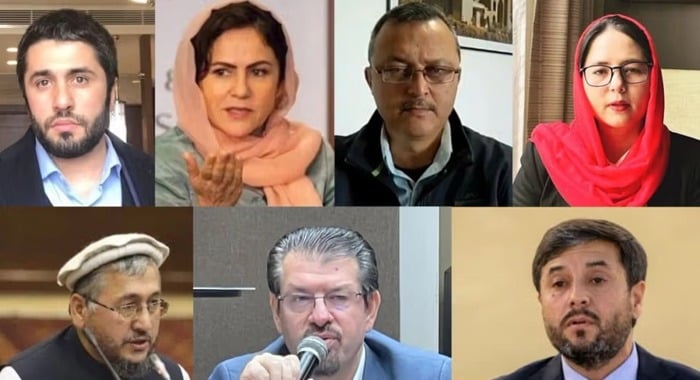In a move that marks a notable shift in its Afghan policy, Pakistan is hosting a two-day conference in Islamabad that brings together a wide spectrum of Afghan opposition leaders, voices that have been silenced or exiled under the Taliban’s rule.
Scheduled for August 25–26, the conference is titled “Towards Unity and Trust” and is being jointly organised by SASSI University and the Women for Afghanistan initiative. Far from a political stunt, the event has been presented by organisers as an academic and peace-oriented initiative, aimed at fostering trust, dialogue, and regional stability.
While the Taliban regime in Kabul; predictably, opposes the gathering, sources familiar with Islamabad’s thinking say the event reflects Pakistan’s evolving recognition that Afghanistan cannot and should not be viewed through the narrow lens of a single armed group.
“It’s time to acknowledge Afghanistan in its full diversity,” one Pakistani official was quoted as saying. “The Taliban do not represent the whole country.”
A Space for Silenced Afghan Voices
The Islamabad summit brings together a diverse lineup of Afghan political and civil society figures, many of whom have been targeted, threatened, or driven out under Taliban rule. Confirmed participants include Nasir Ahmad Andisha, Afghanistan’s envoy in Geneva; Mustafa Mastoor, former economy minister; Fawzia Koofi, a renowned women’s rights activist and former MP; Zahra Joya, founder of Rukhshana Media; Hussain Yasa, spokesperson for the National Resistance Council; and Mawlawi Abdullah Qarluq, former governor of Takhar, among others.
This is the first public platform hosted by Pakistan since the Taliban’s return that invites a plurality of Afghan voices — a long-overdue correction to the perception that Islamabad supports only one faction in Afghanistan’s deeply fractured landscape.
Taliban’s Anger; and a Familiar Critic Returns
As expected, the Taliban and its media allies have condemned the event; a reaction that only underscores the regime’s intolerance for dialogue, dissent, and democratic engagement.
But even more puzzling is the backlash from Zalmay Khalilzad, the former U.S. Special Representative for Afghanistan, who criticised the summit as “irresponsible” and “provocative.”
Khalilzad, whose own negotiations helped return the Taliban to power in 2021, claimed that the Islamabad meeting includes individuals who support the violent overthrow of the Taliban — a claim not substantiated by any evidence.
Observers have pointed out the irony: Khalilzad helped empower a group that has all but erased women from public life, crushed media freedom, and stifled all political opposition — yet he now attacks a peaceful, academic dialogue designed to bring Afghans together.
“Why is a former diplomat so opposed to Afghans speaking freely about their future?” asked one Afghan attendee anonymously. “Is it because he wants to remain the architect of our fate?”
Women Push Back Against Khalilzad’s Narrative
Fawzia Koofi, one of Afghanistan’s most prominent women leaders, responded firmly to critics of the summit. In a statement, she said the initiative offers a rare opportunity for constructive dialogue and should be welcomed by anyone truly invested in Afghanistan’s future.
“If countries like Pakistan are willing to open space for inclusive conversations, we should embrace it,” Koofi said. “Women, civil society, and political actors deserve the right to shape their future — not just those with guns or political leverage.”
Without directly naming Khalilzad, she added:
“Some former diplomats object to this kind of initiative, is it because they still want to control our future? It’s time Afghans; especially Afghan women, decide what’s best for Afghanistan.”
This summit also reflects growing frustration in Islamabad over the Taliban’s failure to deliver on security assurances, especially regarding Tehreek-e-Taliban Pakistan (TTP) militants operating from Afghan soil.
Despite years of political engagement and support, the Taliban has failed to curb cross-border attacks. Pakistan’s patience appears to be wearing thin. Earlier this year, Pakistani intelligence officials met with former Afghan leaders in Ankara, and Army Chief General Asim Munir publicly warned the Taliban to stop sheltering TTP fighters.
The Islamabad summit sends a clear and strategic message: Pakistan is willing to reimagine its Afghanistan policy. The Taliban’s monopoly over Afghanistan’s political narrative is neither sustainable nor acceptable — and the region cannot afford to ignore the voices they silence.
As official statements from Islamabad remain measured, the very act of hosting this forum is making waves — and for many Afghans, it signals hope that someone is finally listening to the rest of the country.





